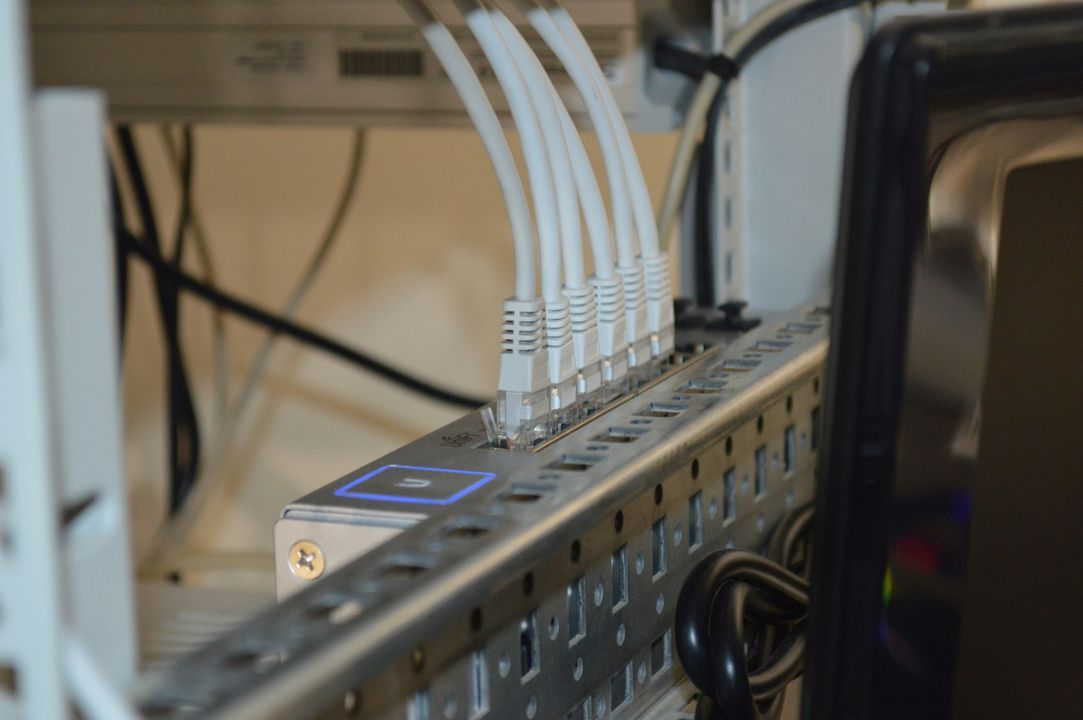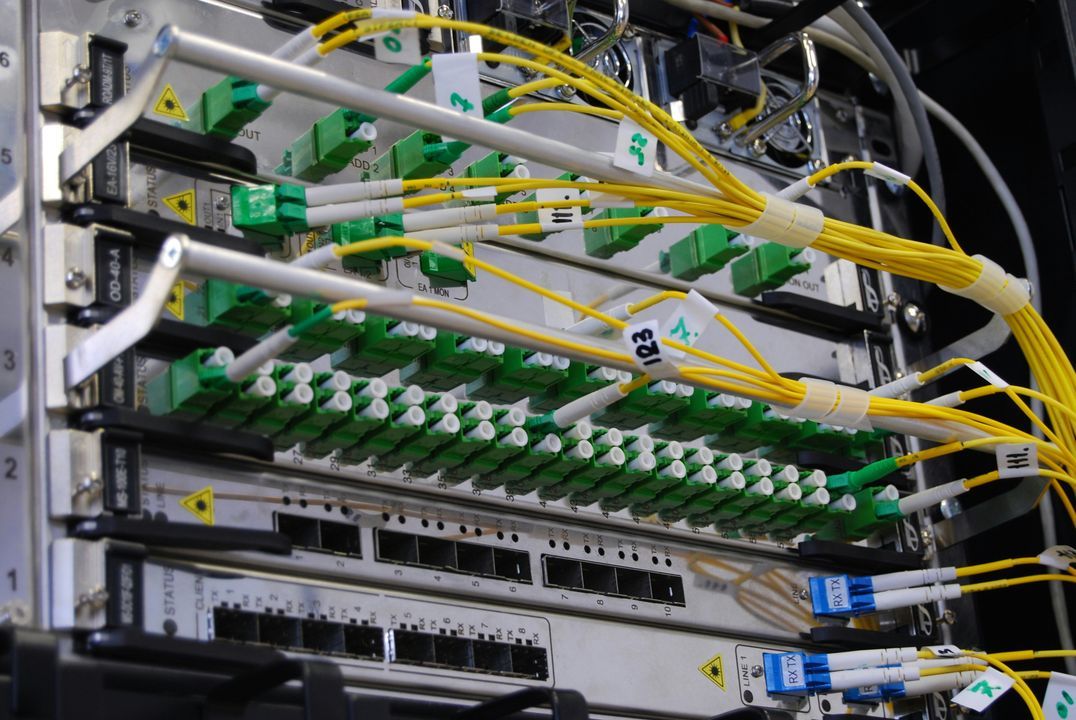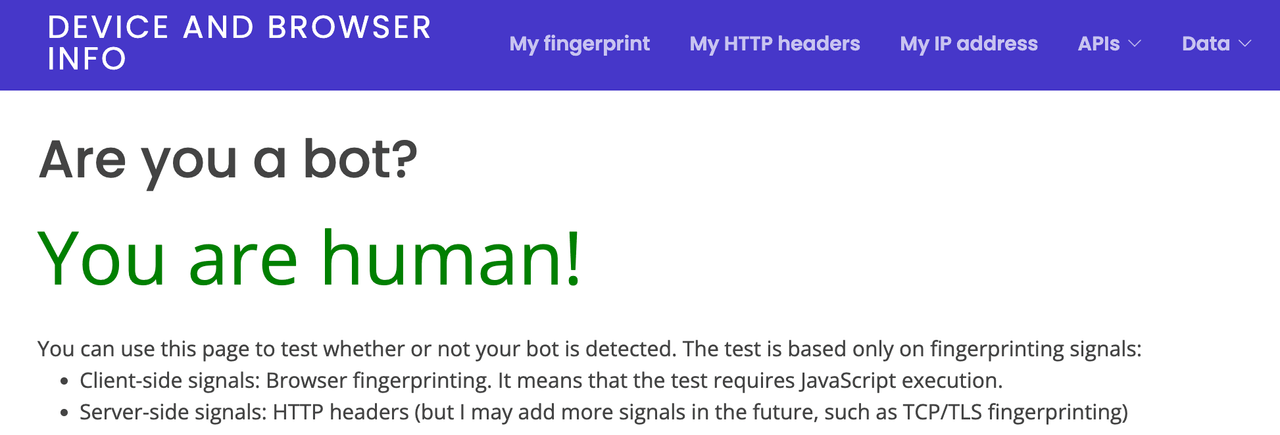Datacenter vs. Residential Proxies: Unveiling the Key Differences
TLDR: Key Takeaways
- Datacenter proxies are faster and more cost-effective, but may be more easily detected by websites.
- Residential proxies offer better anonymity and are less likely to be blocked, but are typically more expensive.
- The choice between datacenter and residential proxies depends on your specific needs, budget, and target websites.

Understanding Datacenter vs. Residential Proxies
In the world of online privacy and data collection, proxies play a crucial role. Two main types of proxies dominate the market: datacenter proxies and residential proxies. Each has its own set of advantages and drawbacks, making them suitable for different use cases. This comprehensive guide will delve into the intricacies of datacenter vs. residential proxies, helping you make an informed decision for your specific needs.
What Are Datacenter Proxies?
Datacenter proxies are IP addresses that originate from secondary corporations such as cloud hosting providers or data centers. These proxies are not affiliated with Internet Service Providers (ISPs) and are created in bulk. Here are some key characteristics of datacenter proxies:
- Fast connection speeds
- Cost-effective, especially when purchased in bulk
- Easier to detect as non-residential IPs
- Higher risk of being blocked by certain websites
- Suitable for tasks requiring high-speed data collection
Datacenter proxies are often used for various purposes, including:
- Web scraping at high speeds
- Market research and competitor analysis
- Ad verification
- SEO monitoring
- Price comparison

What Are Residential Proxies?
Residential proxies are IP addresses assigned by ISPs to homeowners. These proxies use real IP addresses attached to physical devices, making them appear as genuine user connections. Key features of residential proxies include:
- Higher level of anonymity
- Less likely to be detected or blocked by websites
- More expensive than datacenter proxies
- Slower connection speeds compared to datacenter proxies
- Ideal for accessing geo-restricted content and mimicking organic user behavior
Common applications for residential proxies include:
- Social media management
- Brand protection and anti-counterfeiting
- Travel fare aggregation
- E-commerce data collection
- Ad verification in different geographic locations
Comparing Datacenter and Residential Proxies
To better understand the differences between datacenter and residential proxies, let's compare them across various factors:
| Factor | Datacenter Proxies | Residential Proxies |
|---|---|---|
| Origin | Data centers and cloud providers | Internet Service Providers (ISPs) |
| Speed | Very fast | Moderate to fast |
| Cost | More affordable | More expensive |
| Anonymity | Good, but easier to detect | Excellent, hard to detect |
| IP Pool Size | Limited | Vast |
| Reliability | High | Variable |
Advantages of Datacenter Proxies
Datacenter proxies offer several benefits that make them attractive for certain use cases:
- Speed: Datacenter proxies typically provide faster connections, making them ideal for tasks requiring quick data retrieval.
- Cost-effectiveness: They are generally cheaper than residential proxies, especially when purchased in bulk.
- Reliability: Datacenter proxies often have more stable connections and consistent performance.
- Scalability: It's easier to acquire a large number of datacenter proxies for extensive operations.
Advantages of Residential Proxies
Residential proxies have their own set of advantages that make them preferable in certain situations:
- Authenticity: They appear as genuine user connections, reducing the likelihood of detection.
- Geo-targeting: Residential proxies can more accurately mimic connections from specific locations.
- Lower ban rates: Websites are less likely to block or ban residential IP addresses.
- Access to restricted content: They can bypass geo-restrictions more effectively than datacenter proxies.
Choosing Between Datacenter and Residential Proxies
When deciding between datacenter and residential proxies, consider the following factors:
1. Purpose of Use
Your intended use case plays a crucial role in determining which type of proxy is best suited for your needs. For example:
- If you need to scrape large amounts of data quickly, datacenter proxies might be more appropriate.
- For accessing geo-restricted content or managing social media accounts, residential proxies are often the better choice.
2. Target Websites
Consider the websites you'll be accessing:
- Some websites are more stringent in detecting and blocking datacenter proxies.
- If you're targeting sites with advanced anti-bot measures, residential proxies may be necessary.
3. Budget Constraints
Your budget will significantly influence your choice:
- Datacenter proxies are more budget-friendly, especially for large-scale operations.
- Residential proxies come at a premium but offer better anonymity and lower detection rates.
4. Speed Requirements
Consider the speed you need for your tasks:
- For high-speed data collection or real-time monitoring, datacenter proxies excel.
- If speed is less critical and anonymity is paramount, residential proxies may be preferable.
Best Practices for Using Proxies
Regardless of whether you choose datacenter or residential proxies, following these best practices can help ensure optimal performance and minimize the risk of detection:
- Rotate IP addresses: Regularly change your IP address to avoid detection and bans.
- Use appropriate request intervals: Avoid sending too many requests in a short time to prevent triggering anti-bot measures.
- Implement user agents: Use realistic user agents to mimic genuine browser behavior.
- Monitor proxy performance: Regularly check the health and performance of your proxies.
- Choose a reputable provider: Select a proxy service with a track record of reliability and ethical sourcing.

The Importance of High-Quality Proxies
Whether you opt for datacenter or residential proxies, it's crucial to use high-quality services to succeed in your tasks. High-quality proxies offer several advantages:
- Better uptime and reliability
- Lower chances of detection and blocking
- More extensive IP pools for better rotation
- Enhanced anonymity and security features
- Superior customer support and documentation
It's worth noting that using high-quality proxies from reputable providers is essential for successful operations, regardless of the type you choose.
Datacenter vs. Residential Proxies: Making the Right Choice
In conclusion, the decision between datacenter and residential proxies depends on your specific needs, budget, and target websites. Here's a quick recap to help you make an informed choice:
- Choose datacenter proxies if you prioritize speed, cost-effectiveness, and have less stringent anonymity requirements.
- Opt for residential proxies when anonymity is crucial, you need to access geo-restricted content, or you're targeting websites with advanced anti-bot measures.
- Consider a mix of both types for a balanced approach that leverages the strengths of each proxy type.
Remember that the proxy landscape is continually evolving, with new technologies and hybrid solutions emerging. Stay informed about the latest developments to ensure you're always using the most effective proxy solution for your needs.
By understanding the nuances of datacenter vs. residential proxies and following best practices, you can maximize the benefits of your chosen proxy type and achieve your online goals more effectively.

FAQs About Datacenter vs. Residential Proxies
Are datacenter proxies always detectable?
While datacenter proxies are generally easier to detect than residential proxies, high-quality datacenter proxies from reputable providers can still offer good anonymity. The detectability often depends on factors such as the proxy provider's infrastructure, IP rotation practices, and the target website's detection mechanisms.
Can I use residential proxies for high-speed scraping?
Yes, you can use residential proxies for high-speed scraping, but they may not be as fast as datacenter proxies. If speed is your primary concern, datacenter proxies are typically the better choice. However, for tasks that require both speed and high anonymity, consider using a mix of both types or opting for high-performance residential proxies.
How do I ensure my proxies are ethically sourced?
To ensure your proxies are ethically sourced, especially residential proxies:
- Choose reputable proxy providers with transparent sourcing policies
- Look for providers that obtain consent from residential IP owners
- Avoid providers that offer suspiciously low prices, as this may indicate unethical practices
- Research the provider's reputation and read user reviews
Are there any legal concerns when using proxies?
While using proxies is generally legal, how you use them can raise legal concerns. Ensure you're not violating any terms of service, copyright laws, or engaging in illegal activities. Always review the legal implications of your proxy usage in your jurisdiction and for your specific use case.
By considering these factors and staying informed about the latest developments in proxy technology, you can make the best choice between datacenter and residential proxies for your specific needs.
Frequently Asked Questions
Can I use both datacenter and residential proxies simultaneously?
Yes, you can use both types of proxies simultaneously. This approach can be beneficial for diversifying your IP pool and leveraging the strengths of each proxy type. However, ensure you have a system in place to manage and rotate them effectively.
How often should I rotate my proxy IPs?
The frequency of IP rotation depends on your specific use case and target websites. As a general rule, rotate IPs every 10-15 minutes for aggressive scraping tasks. For less intensive operations, rotating every few hours or daily may suffice.
Are mobile proxies different from residential proxies?
Mobile proxies are a subset of residential proxies that use IP addresses from mobile devices. They offer high anonymity and are particularly useful for accessing mobile-specific content or apps. Mobile proxies can be more expensive but provide unique advantages for certain use cases.
How can I test the effectiveness of my proxies?
You can test proxy effectiveness by checking IP information, running speed tests, and attempting to access target websites. Many proxy providers offer built-in tools for testing. Additionally, you can use third-party proxy checker tools to verify anonymity and performance.
What are the risks of using free proxy services?
Free proxy services often come with significant risks. These may include slow speeds, unreliable connections, and compromised security. In some cases, free proxies may log your data or inject malicious code. It's generally recommended to use paid, reputable proxy services for better security and performance.





